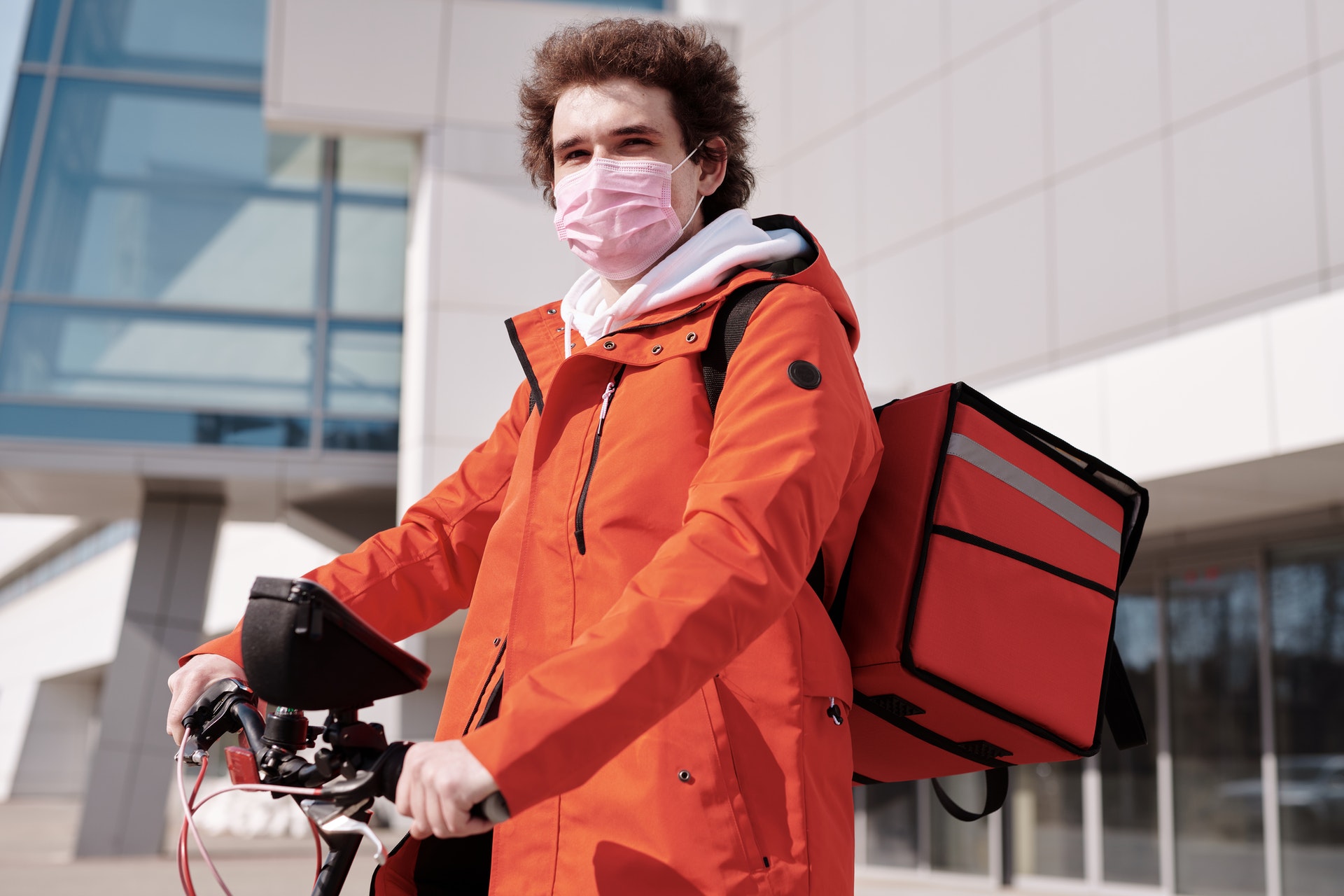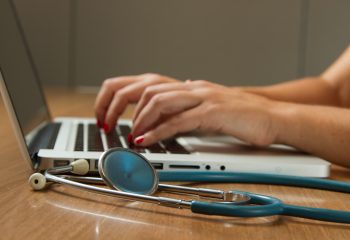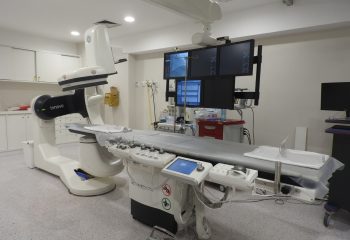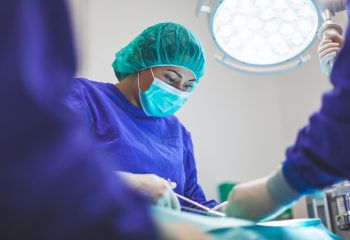If you have contracted the COVID-19 virus as a consequence of your employment, you can make a workers compensation claim. You will be able to claim:
· Loss of income at the statutory rate,
· Medical and treatment expenses,
· Lump Sum Compensation, if the injury that you sustain because of the infection is serious, including death.
COVID-19 Workers Compensation Claims In New South Wales
Between 1 January 2020 and 31 December 2020, data received by Safework Australia showed 1,222 COVID-19 related workers compensation claims were made Australia wide. This number however does not include COVID-19 claims made while working from home.
In New South Wales, there are disease provisions in the Workers Compensation Act 1987 (the Act)(Sections15, 16,18, 151AB, 151AC). Although the intention of the sections primarily relates to a disease of such a nature as to be contracted by a gradual process; the nature and conditions of the employment, it does not limit the definition of disease to exclude the contracting of a viral disease such as COVID-19.
Normally speaking, under section 4 of the Act contracting a disease includes, “a disease that is contracted by a worker in the course of employment but only if the employment was the main contributing factor to contracting the disease”. This will normally require the injured worker, given the injury is sustained during the course of the employment, to prove on the balance of probabilities, that the work was the “main contributing factor” before a worker compensation claim can be made out. However, a new section 19B has been inserted to the Act effectively reversing the burden of proof to the employer for prescribed employment. In other words, if the injured worker contracts COVID-19 who happens to work for the prescribed employment under section 19B (9), the worker is deemed to have contracted the disease in the course of the employment and the employment is deemed to be the substantial or main contributing factor to contracting the disease. The prescribed employment under section s19B include:
a) the retail industry (other than businesses providing only on-line retail
b) the health care sector, including ambulance officers & public health employees,
c) disability and aged care facilities,
d) educational institutions, including pre-schools, schools and tertiary institutions (other than establishments providing only on-line teaching services),
e) police and emergency services (including fire brigades and rural fire services),
f) refuges, halfway houses and homeless shelters,
g) passenger transport services,
h) libraries,
i) courts and tribunals,
j) correctional centres and detention centres,
k) restaurants, clubs and hotels,
l) the construction industry,
m) places of public entertainment or instruction (including cinemas, museums, galleries, cultural institutions and casinos),
n) the cleaning industry,
o) any other type of employment prescribed by the regulations for the purposes of this definition.
Home As A Workplace
Many employers have allowed their staff where possible to work remotely from home. The home workplace already poses difficulties for employers as an environment being out of their control to ensure that the premises is a safe workplace. Add to the home workplace being an environment that people can come and go that may not be work related. If a worker contracts the COVID-19 virus at home, is work still a main contributing factor?’
Whether or not work is a main contributing factor in contracting the virus will depend on the circumstances. There would be little doubt if contracting tracing identifies a client attending upon your premises was the source of transmission. But what if the source was a food delivery person, or a resident of the home? Would work still be a main contributing factor? Clearly greater details of the circumstances would be needed for a determination to be made whether work was a “main contributing factor” in contracting the COVID-19 virus.
Should I Make A Claim?
It is extremely important to make a claim as soon as possible, including if you are required to self-isolate for being a close contact, or if work is a main contributing factor for the self-isolation. This is because you would be entitled to claim weekly benefits for the isolation period.
A claim should be made as soon as possible because the long lasting effects of post COVID-19 can be significant. According to the Centre of Disease Control and Prevention (CDC) post COVID-19 conditions can include combinations of the following:
· Tiredness or fatigue
· Difficulty thinking or concentrating (sometimes referred to as “brain fog”)
· Headache
· Loss of smell or taste
· Dizziness on standing
· Fast-beating or pounding heart (also known as heart palpitations)
· Chest pain
· Difficulty breathing or shortness of breath
· Cough
· Joint or muscle pain
· Depression or anxiety
· Fever
· Symptoms that get worse after physical or mental activities
The CDC also reports post COVID-19 conditions can also affect multiple organs. Multiorgan effects can affect most, if not all, body systems including heart, lung, kidney, skin, and brain functions. Multiorgan effects can also include conditions that occur after COVID-19, like multisystem inflammatory syndrome (MIS) and autoimmune conditions. MIS is a condition where different body parts can become swollen.
Autoimmune conditions happen when your immune system attacks healthy cells in your body by mistake, causing painful swelling in the affected parts of the body. These conditions can prevent a person returning to work following the COVID-19 infection and can lead to permanent impairment. At this time, it is unknown how long multiorgan system effects might last and whether the effects could lead to chronic health conditions.
If you have been diagnosed with contracting COVID-19, contact our personal injury team today for an obligation free consultation.
*Disclaimer:This is intended as general information only and not to be construed as legal advice. The above information is subject to changes over time. You should always seek professional advice before taking any course of action.*








